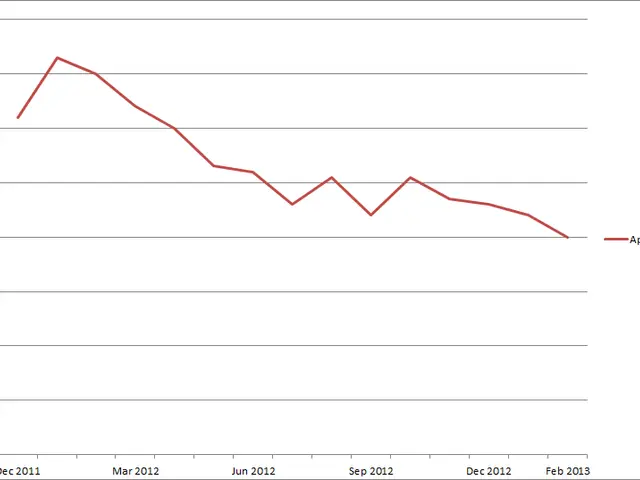Higher income earners could potentially see a decrease in their pension taxes, according to recent reports concerning the Chancellor's plans.
In the UK, the government is considering significant changes to the pension tax relief system, aiming to strike a balance between fiscal sustainability, fairness, and improving retirement outcomes. The proposed reforms could have far-reaching implications for pension savers and the economy as a whole.
Currently, tax relief is granted on pension contributions up to an annual allowance, subject to a lifetime allowance, and at the individual's marginal rate of income tax. Higher-rate taxpayers benefit from 40% and additional-rate taxpayers from 45% relief, compared to the basic 20% rate for lower earners.
One of the potential changes under consideration is restricting tax relief to the basic rate (20%) for all taxpayers, which would reduce benefits for higher and additional rate taxpayers but generate substantial government revenue. This move could potentially lower incentives for higher-rate taxpayers to save via pensions, and changes to tax-free lump sums might reduce flexibility and immediate retirement income options.
Another proposal is tightening rules on the tax-free lump sum at retirement, where currently up to 25% of pension pots can be withdrawn tax-free. Proposals may reduce the amount eligible or defer the timing of these tax-free withdrawals to improve short-term government cash flow.
The UK government has also established a new Pensions Commission tasked with modernizing the pension framework to better serve future retirees, addressing under-saving risks, demographic challenges, and integration of state and private pensions. A final report is expected by 2027, aiming for a system that is financially secure, fair, and sustainable for the mid-21st century.
For the UK economy, reforms could increase government revenues by limiting costly tax reliefs, potentially reduce pension savings if incentives weaken, impacting future retiree financial security, and drive pension funds towards more sustainable, longer-term investments that support economic productivity and market stability.
However, it's important to note that the mechanics of these changes are yet to be spelled out practically, and the overall impact will depend on the design and implementation of the changes. Exempting public sector schemes from flat rate pension tax relief would not be well-received, and banning salary sacrifice contributions could be unpopular and may not work over the longer run.
Moreover, moving to flat rate tax relief would require radical changes to the entire pension system, including new administrative arrangements for salary sacrifice contributions. The increasing number of people who would see their savings stymied by smaller top-ups if pension tax relief is overhauled due to more people moving into higher tax bands is also a concern.
Critics argue that overhauling pension tax relief would punish younger savers who wouldn't get the same boost to their pension fund that older generations enjoyed. The government currently provides tax relief at rates of 20%, 40%, or 45% (Scotland's tax rates are different), and the system is tilted in favor of the better-off, as they pay more tax and receive more tax relief.
In conclusion, the proposed pension tax relief reforms in the UK aim to achieve fiscal sustainability, fairness, and improved retirement outcomes. The impact will depend on the design and implementation of the changes, particularly their effect on saver behavior and pension scheme investment strategies.








